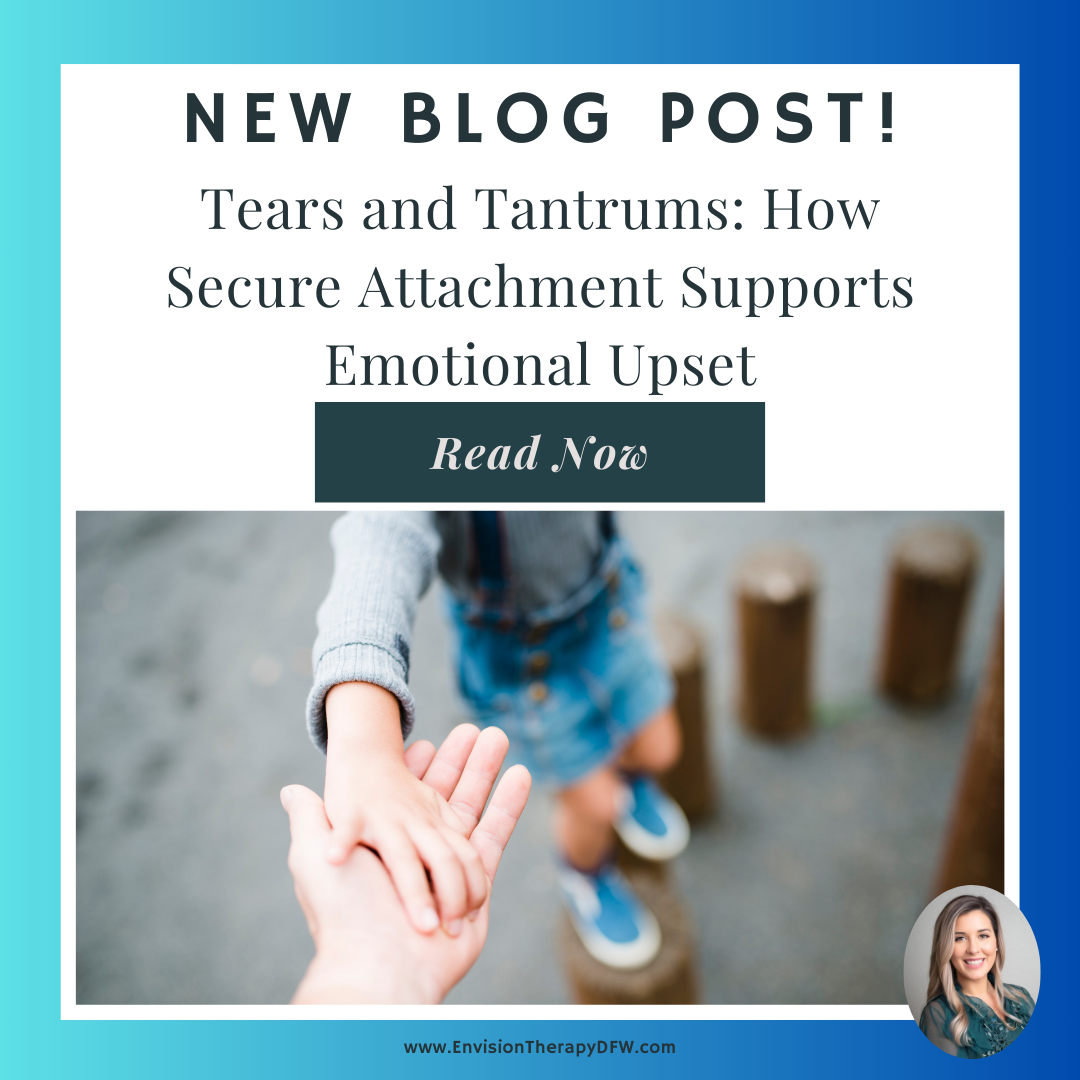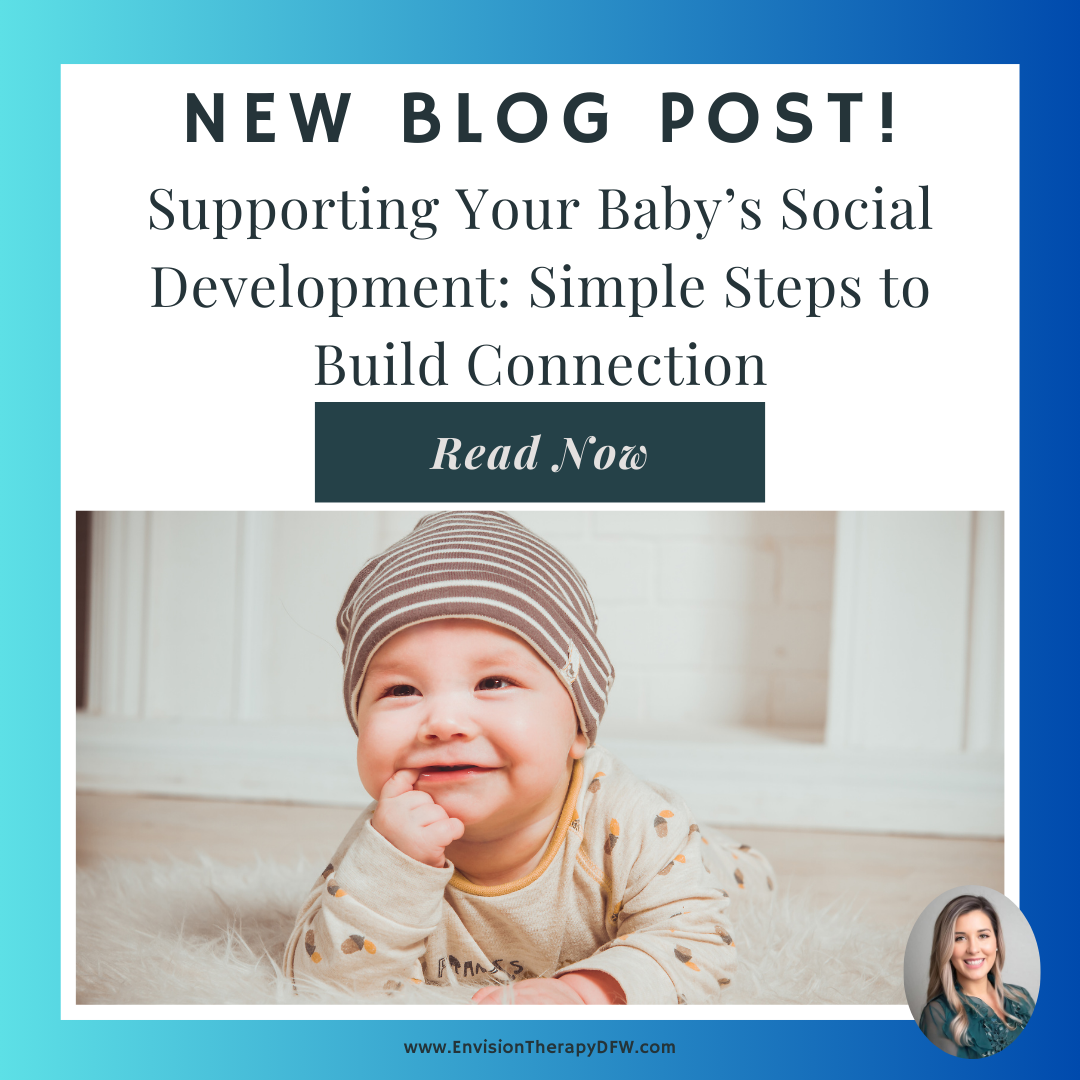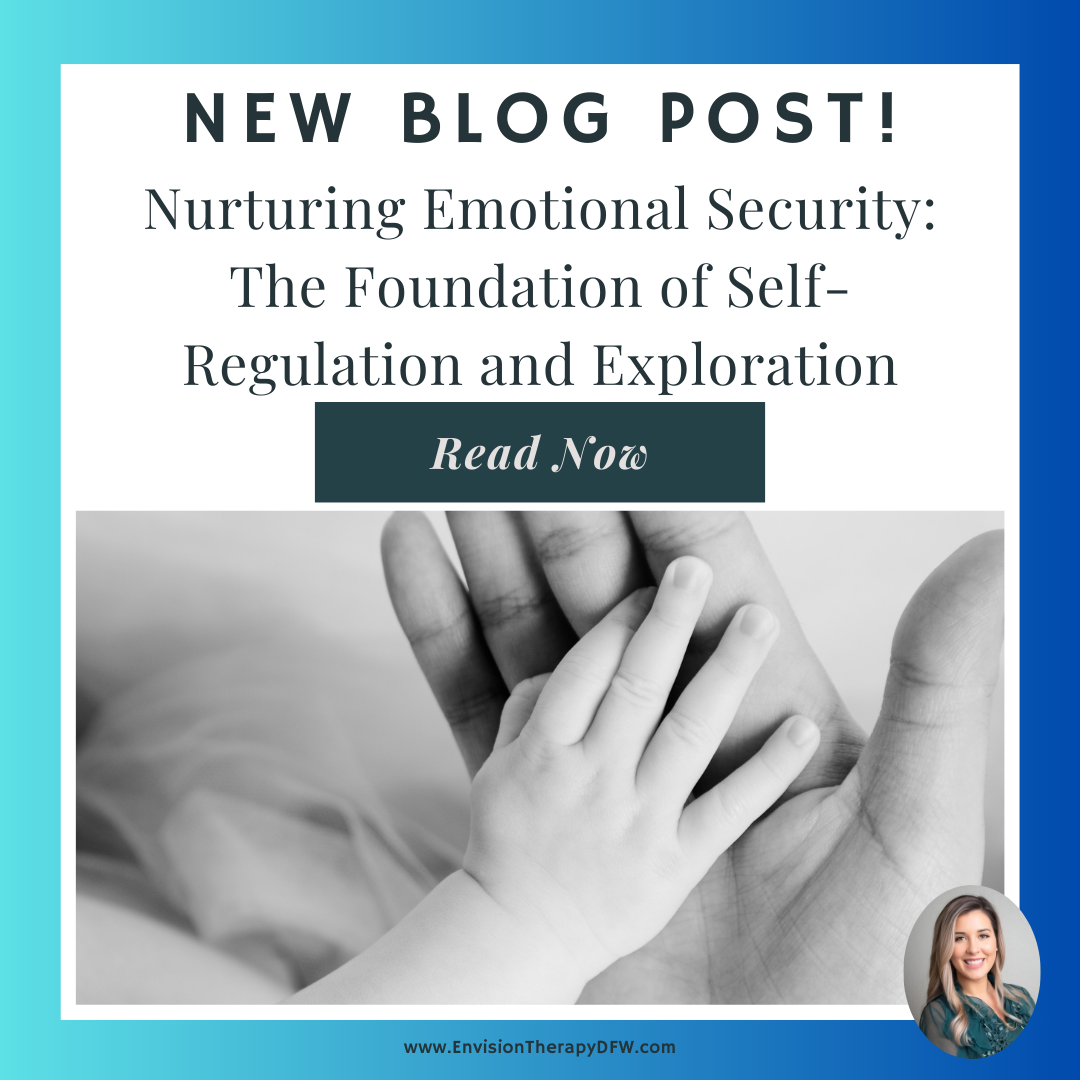-
How Trauma Impacts Extended Adolescence: Understanding the Connection and How to Heal
•
Unresolved trauma can significantly impact a young adult’s ability to transition into independence. It can cause emotional dysregulation, fear of failure, and avoidance of responsibility, all of which contribute to extended adolescence. In this article, we explore the hidden link between trauma and delayed adulthood. For parents, it offers practical advice on how to…
-
How Parents Can Help Young Adults Transition to Independence Without Pushing Them Away
•
Struggling with a young adult who hasn’t hit traditional life milestones yet? You’re not alone. Extended adolescence is a growing trend where young people take longer to transition into adulthood due to financial barriers, mental health challenges, and fear of failure. This article offers practical tips for parents to help their child move toward…
-
Why Are Young Adults Taking Longer to Grow Up?
•
Why are young adults taking longer to grow up? It’s not about laziness — it’s about extended adolescence, a phase where young people delay traditional milestones like moving out, starting a career, or becoming financially independent. In this article, we’ll break down the three major reasons for extended adolescence: brain development, economic realities, and…
-
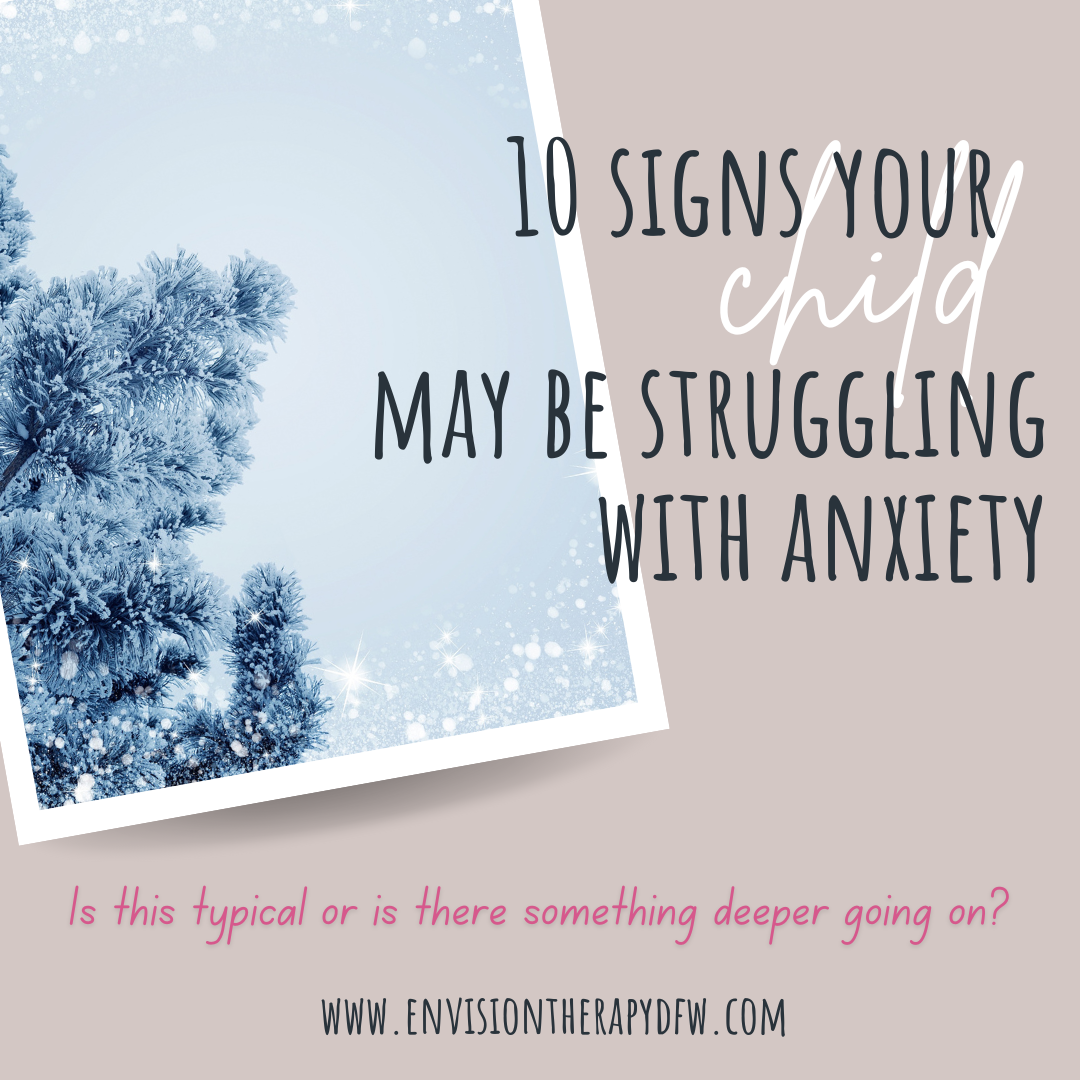
10 Signs Your Child May Be Struggling with Anxiety
•
Childhood anxiety often hides in plain sight, showing up as stomach aches, trouble sleeping, or sudden meltdowns. As a parent, it’s natural to feel unsure about whether these behaviors are part of growing up or signs of something deeper. This blog will help you recognize 10 key signs of childhood anxiety, address common misconceptions…
-

Picking Toys for Christmas That Meet Kids’ Needs: How to Support Your Child’s Growth Through Play
•
Toys aren’t just entertainment—they’re tools that shape your child’s emotional and developmental growth. Learn how to pick toys that meet kids’ needs, foster creativity, and strengthen the parent-child bond. Simple, practical steps can turn playtime into a powerful connection-building experience.
-
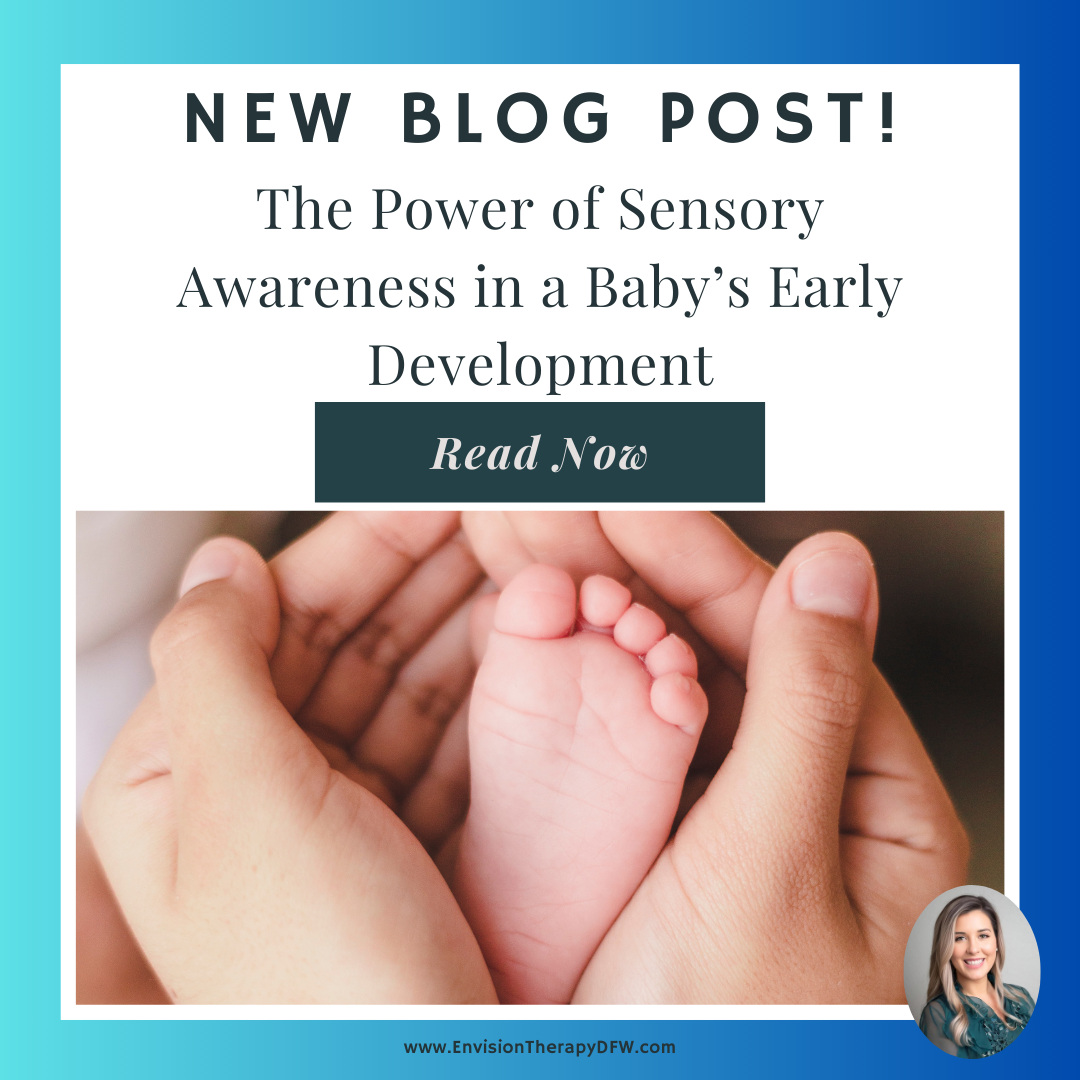
The Power of Sensory Awareness in a Baby’s Early Development
•
Your baby’s early development depends heavily on how they process sensory input. Sensory awareness is the foundation of emotional regulation, learning, and curiosity. From the way your baby responds to the touch of a soft blanket to the sound of your voice, sensory experiences help shape their understanding of the world. As parents, we…
-
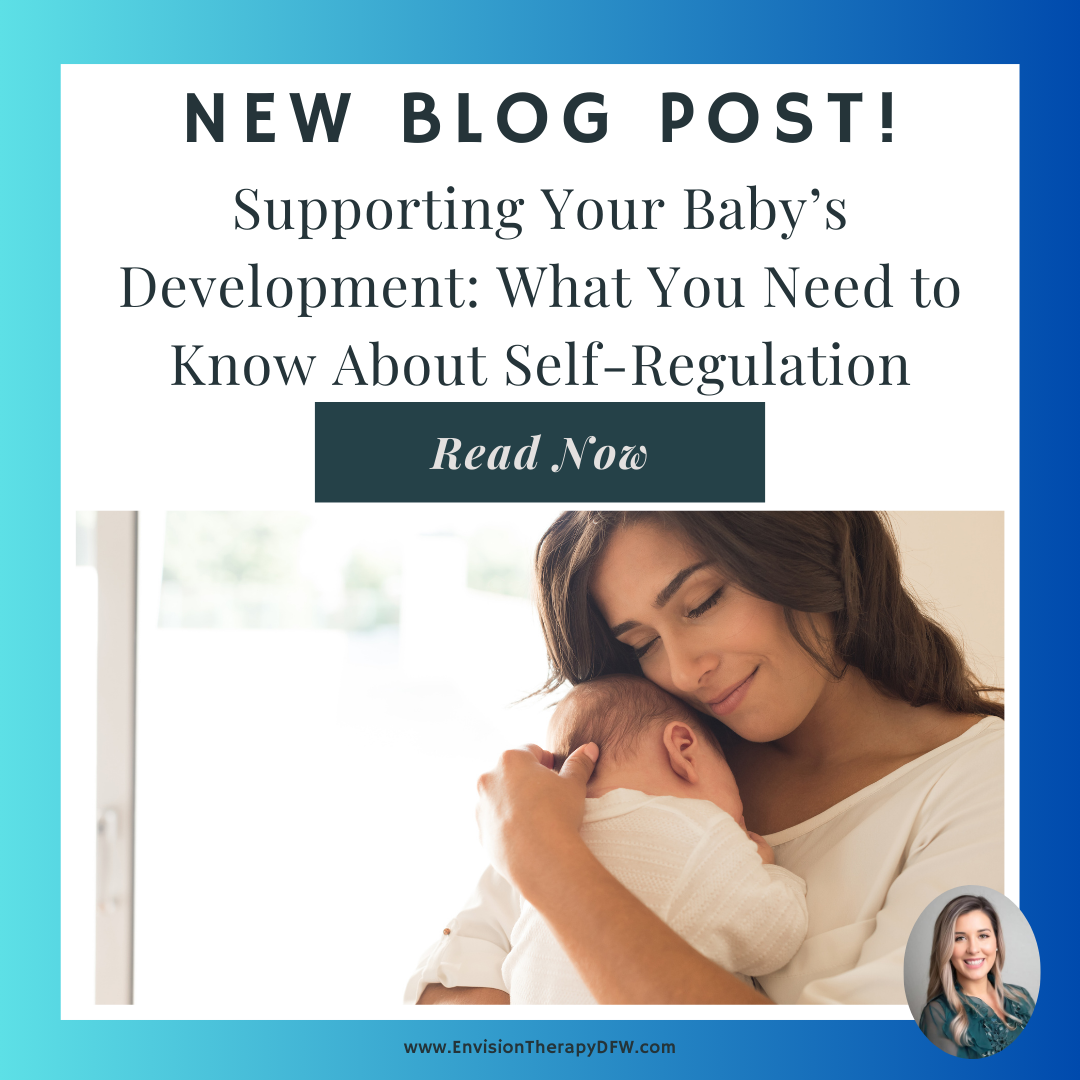
Supporting Your Child’s Development: What You Need to Know About Self-Regulation
•
Self-regulation is one of the most crucial skills your baby will learn, forming the foundation for emotional resilience, focus, and curiosity. It starts with co-regulation, where caregivers help babies calm down and feel secure in their environment. As babies grow, they begin to develop their own self-soothing strategies, which is key to their emotional…

